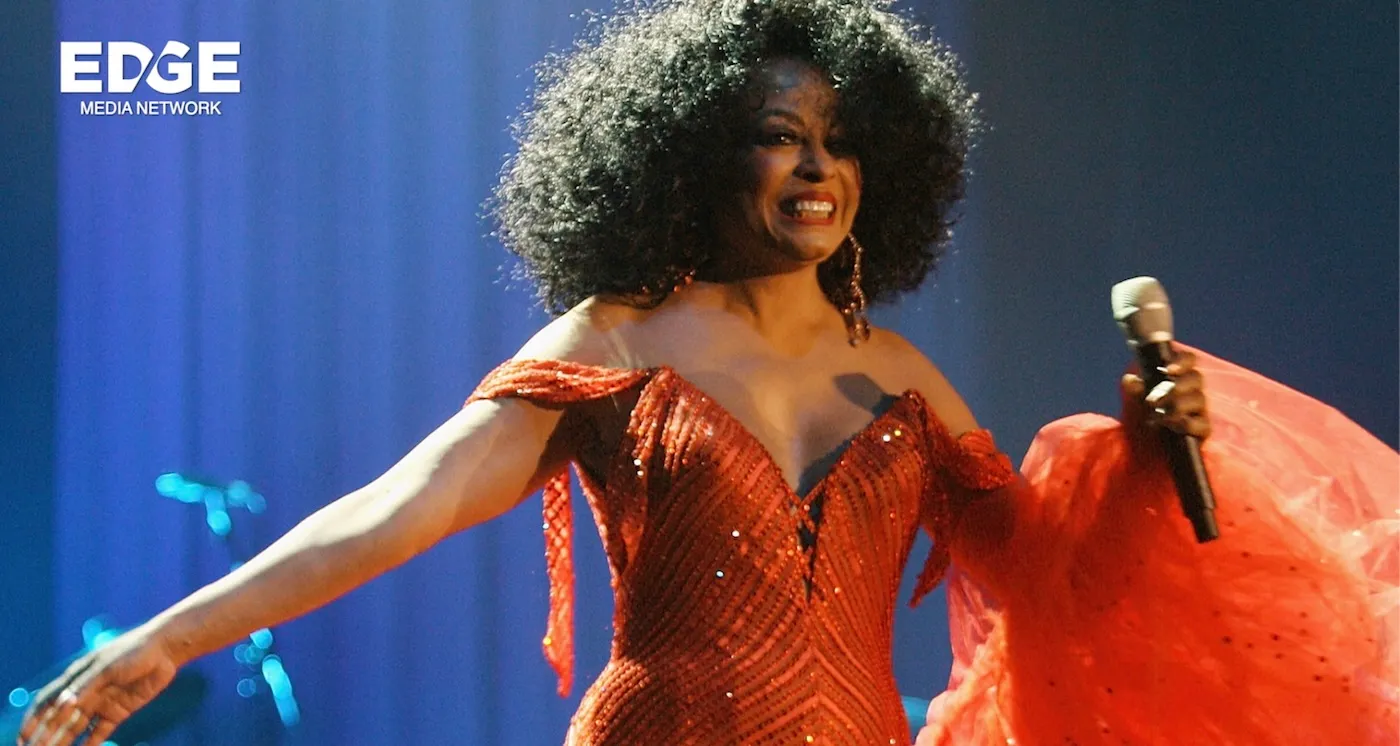October 4, 2012
Gay Pride March Banned in Serbia
Jason St. Amand READ TIME: 2 MIN.
BELGRADE, Serbia - Serbia's police on Wednesday banned a Gay Pride march in Belgrade, citing security concerns but also complying with a request from Serbia's Christian Orthodox church.
Police said they were banning the march planned for Saturday because they feared a repeat of the violence in 2010, when right-wing groups attacked a Gay Pride event in Belgrade. That triggered day-long clashes with the police which left more than 100 people injured.
Last year's gay pride march also was banned by authorities.
The current ban was announced after Patriarch Irinej, the head of Serbia's Christian Orthodox church, urged the government to prevent Saturday's march. In a statement, he said such a "parade of shame" would cast a "moral shadow" on Serbia - a conservative Balkan country whose gay population has faced threats and harassment.
Allowing a Gay Pride march this year had been regarded by some as a test of Serbia's pledge to respect human rights as it seeks European Union membership. That was clear in the reaction of European Parliament official Jelko Kacin, who called the ban a "political decision that questions the rule of law in Serbia."
Secretary-General Thorbjoern Jagland of the Council of Europe, the continent's main human rights body, said he was "surprised and disappointed" that the pride event has been banned again.
"Citizens should be able to exercise their rights of freedom of assembly and freedom of expression," he said. "Serbia should be in a position to safeguard such an event, which is commonplace in modern democracies."
Amnesty International said the ban puts Serbia in breach of its own laws.
"Serbia's government is effectively going against its own legal and constitutional protections for basic rights such as freedom of expression and freedom of assembly to all lesbian, gay, bisexual, and transgender people in Serbia," said John Dalhuisen, the group's director for Europe and Central Asia.
Serbian Prime Minister Ivica Dacic said in addition to banning the Gay Pride march, the government was barring a gathering of right-wing groups that planned to attack the event. It also canceled several national league soccer matches in Belgrade on Saturday because they often are attended by hooligans aligned with the extremists.
"We believe that at this moment Serbia does not need clashes and victims, and that's why we banned the gatherings," said Dacic, who is also the national police chief.
Opposition politicians said the ban showed that authorities are unable to protect freedom and human rights in Serbia.
"No democratic society has the right to retreat from the threats of violence against basic rights," said Liberal Party leader Cedomir Jovanovic.
Meanwhile, some 2,000 riot policemen were deployed Wednesday in front of an art exhibit in Belgrade organized by gay activists that the extremists had threatened to disrupt.
The reason? They claimed the photographs by a Swedish artist desecrated the image of Jesus Christ.


